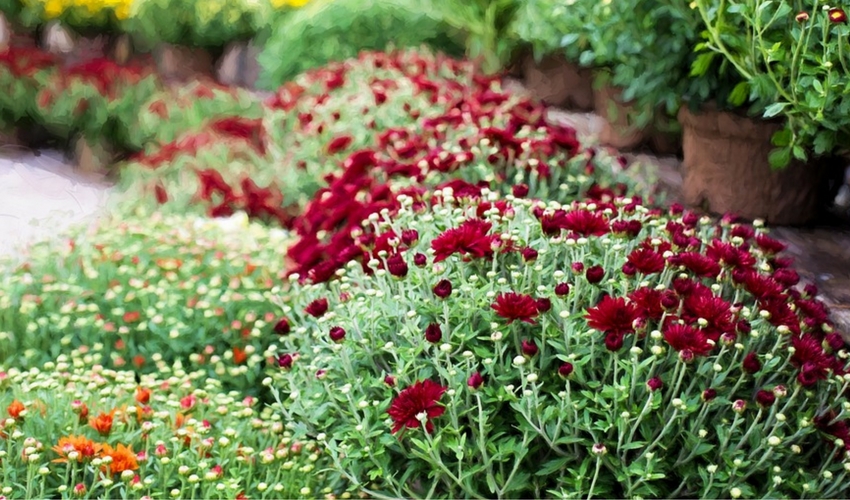Planning Your Fall Annual Planting
Feb 19th 2021

The end of summer doesn't need to mean the end of beautiful flowerbeds when you carefully plan fall annuals to make the most of every bit of the gardening season. There are great plants that can help extend your gardening season and create fabulous fall flowerbeds.
Why Bother With Fall Annuals?
Many people question the wisdom of planting fall annuals – why bother, when winter is closer than ever? But there are many benefits to adding new flowers and foliage to your garden and flowerbeds in autumn.
- Staying active in the garden throughout the fall will encourage you to keep up with weeding, composting and other care that will keep your garden in top shape all year.
- Fall annuals are often on sale for great prices, providing plenty of gardening enjoyment even on a small budget, and it's a great time to stock up on other gardening equipment too.
- Fall wildlife such as migrating birds and butterflies can take great advantage of fall flowerbeds and gardens to help them survive falling temperatures and changing seasons.
When to Plant
The exact timing to plant fall annuals will vary depending on local climate, weather patterns, soil temperature, moisture levels and daily temperatures. As summer wanes but before the first leaves have begun to show their hidden colors, it is time to plan fall annuals and get ready for their planting. The nights should be chilly, but the days still warm and the soil moist and warm to carefully shelter roots so plants can thrive. Fall annuals should be snug in the ground several weeks before the first frost, and if they are well established, hardy fall flowers and plants will extend the growing season long past the beginning of autumn.
What to Plant
A wide range of plants are ideal for fall planting, depending on your soil chemistry and local climate. Popular plants that thrive in fall include…
- Asters
- Chrysanthemums
- Marigolds
- Ornamental kale
- Pansies
- Purple fountain grasses
- Rosemary
- Sage
For the best autumn decorations, opt for rich fall hues of yellow, orange, red, burgundy and gold, and don't forget other fall garden decorations such as hay bales and cut pumpkins as well as the texture and autumn colors of summer flowers now gone to seed. When the season finally ends, hay can be spread as winter mulch to protect the soil and pumpkins can be cut up for wildlife to enjoy, carved for Halloween or added to compost to be sure there will be plenty of rich nutrients to spread on the soil in spring and start the seasonal cycle over again.

